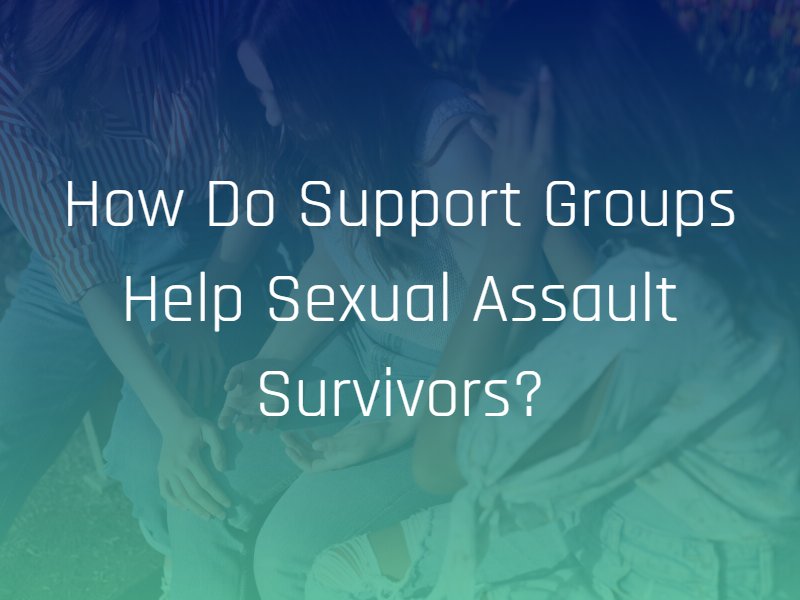After experiencing a sexual assault, a survivor may experience significant emotional distress and mental turmoil. These symptoms often require treatment from mental health professionals, and many survivors attend therapy sessions, receive medications to treat mental illnesses, and speak to counselors.
Survivors may also attend support groups, or gatherings of people who have also experienced sexual assault. Support groups can provide a number of benefits for the healing of survivors, providing a community of supportive peers to share experiences with.
What Is a Support Group?
A support group allows people who have similar experiences to come together to discuss their personal stories, how they cope with the experience, and tips for healing. A survivor may find a support group through a hospital or other medical facility, a nonprofit organization, or a community organization. Some support groups are independent and run by members.
The structure of a sexual assault support group varies, depending on the specific gathering. Some support groups may be online, while others may take place face-to-face. Sexual assault survivors may coordinate and lead the support group, but these gatherings often have professional facilitators who help lead the discussion, such as psychologists, social workers, or counselors.
Benefits of Support Groups for Sexual Violence Survivors
The impacts of sexual assault can be significant and wide-ranging, and each survivor experiences the emotional, physical, social, and sexual traumas in different ways. However, building a community, breaking the stigma surrounding sexual assault, and ensuring each survivor that he or she is not alone are vital tools for healing from sexual violence.
Support groups help provide these tools. Attending a support group can provide a number of benefits for survivors, including the following.
- Since survivor experiences vary widely, it can be difficult to seek treatment from service providers who do not quite understand the intricacies of sexual assault. Support groups can help fill the gap between medical treatment and emotional support, as survivors can learn about others’ experiences to better understand their own.
- The aftermath of sexual violence can lead to unhealthy coping mechanisms, such as drug or alcohol use, self-harm, and other destructive behaviors. Support groups allow survivors to share positive coping skills with each other and seek help, helping distract and reverse these unhealthy behaviors.
- A survivor’s self-worth can diminish after sexual assault, often contributing to anxiety, depression, and difficulty caring for oneself. The social support and compassion from these support groups empower survivors to take care of themselves and re-establish self-esteem by learning from medical experts and those who are in later stages of healing.
- Many survivors feel as if they cannot talk about their assaults with their loved ones due to feelings of shame, embarrassment, and fear of disbelief. Support groups provide a safe space for survivors to share their stories with other people who have similar experiences, allowing them to have a community to provide them with the support they need to heal.
- Survivors may be unaware of the resources, treatment programs, and legal options they have available to them following a sexual assault. Support groups can help them connect with other survivors who have utilized these resources and are willing to share.
- Sexual assault trauma can lead to overwhelming mental and physical symptoms a survivor may not be able to identify, understand, or cope with. By attending a support group, survivors can gain a deeper understanding of their trauma and why they may be feeling the way they are. As a result, survivors can gain a sense of empowerment and control once they understand how their body is responding to the traumatic event.
Speaking to a Sexual Assault Attorney
If you are a survivor of sexual assault and are searching for tools to aid in your recovery, attending a survivors’ support group may help. For additional resources and to learn more about your legal options for justice against the perpetrator, speak to a sexual assault attorney as soon as possible.
Your attorney can help you understand what your pathways to justice are, including civil lawsuits and criminal charges. By working closely with your lawyer, you can map the path to healing that is best for you. Call a Rideshare sexual assault attorney as soon as possible to discuss your story and plan your next steps.

